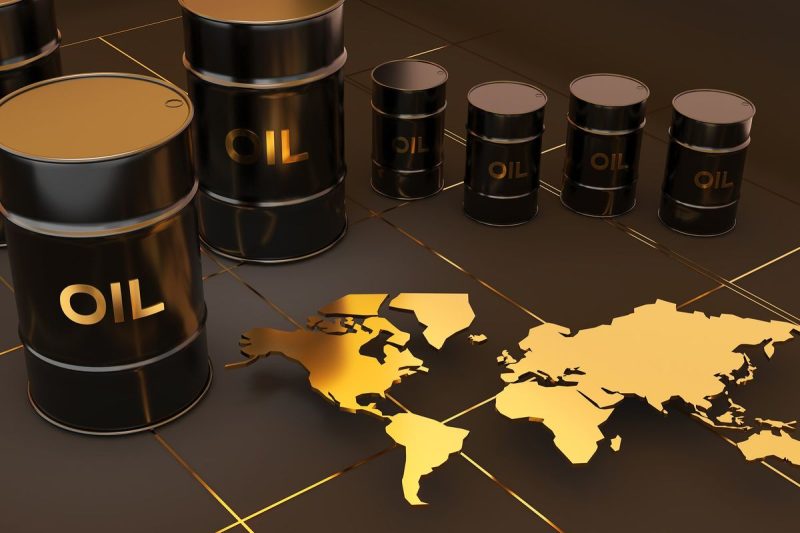**4. Canada**
Canada is a notable player in the global oil market, being among the top oil-producing countries in the world. With vast oil reserves and advanced extraction technologies, Canada has positioned itself as a key supplier of crude oil.
The country’s oil production comes mainly from the oil sands in Alberta, which contain significant reserves of bitumen. Alberta’s oil sands are a vital component of Canada’s energy sector, providing jobs and economic growth to the region.
Apart from the oil sands, Canada also produces conventional oil from fields in provinces like Saskatchewan and Newfoundland. This diversity in oil sources allows Canada to maintain a stable production level even amid market fluctuations.
Moreover, Canada’s strategic location and well-established infrastructure enable efficient transportation of its oil to global markets. The country has access to multiple export routes, including pipelines, railways, and marine terminals, ensuring a reliable supply to customers worldwide.
In recent years, Canada has been focusing on sustainable oil production practices to minimize environmental impact. Technologies such as carbon capture and storage (CCS) are being utilized to reduce greenhouse gas emissions from oil extraction and processing.
Overall, Canada’s oil industry plays a significant role in the country’s economy and energy security. With continued investments in technology and environmental stewardship, Canada is well-positioned to remain a key player in the global oil market for years to come.
**5. Brazil**
Brazil has emerged as a major player in the oil industry, thanks to its vast offshore oil reserves and innovative exploration techniques. The country’s pre-salt reserves, located deep beneath the ocean floor, have attracted significant investment from multinational oil companies.
Brazil’s state-owned oil company, Petrobras, leads the development of these offshore reserves, utilizing advanced technologies to extract oil from challenging deep-sea environments. The pre-salt fields are estimated to contain billions of barrels of oil, positioning Brazil as a key player in the global oil market.
In addition to offshore production, Brazil also has onshore oil fields in regions like the Amazon basin and the Northeast. These fields contribute to the country’s overall oil output and provide employment opportunities in rural areas.
Brazil’s oil production is supported by a robust infrastructure network, including pipelines, ports, and terminals for exporting crude oil and refined products. The country has invested in expanding its refinery capacity to meet domestic demand and reduce reliance on imported oil.
Furthermore, Brazil is actively pursuing renewable energy sources such as biofuels to diversify its energy mix and reduce greenhouse gas emissions. The country is a global leader in ethanol production, utilizing sugarcane as a feedstock for biofuel production.
Overall, Brazil’s oil industry is a vital component of its economy, providing revenue, employment, and energy security. The country’s focus on sustainable energy practices and innovative technologies positions it as a key player in the global oil market for the foreseeable future.
